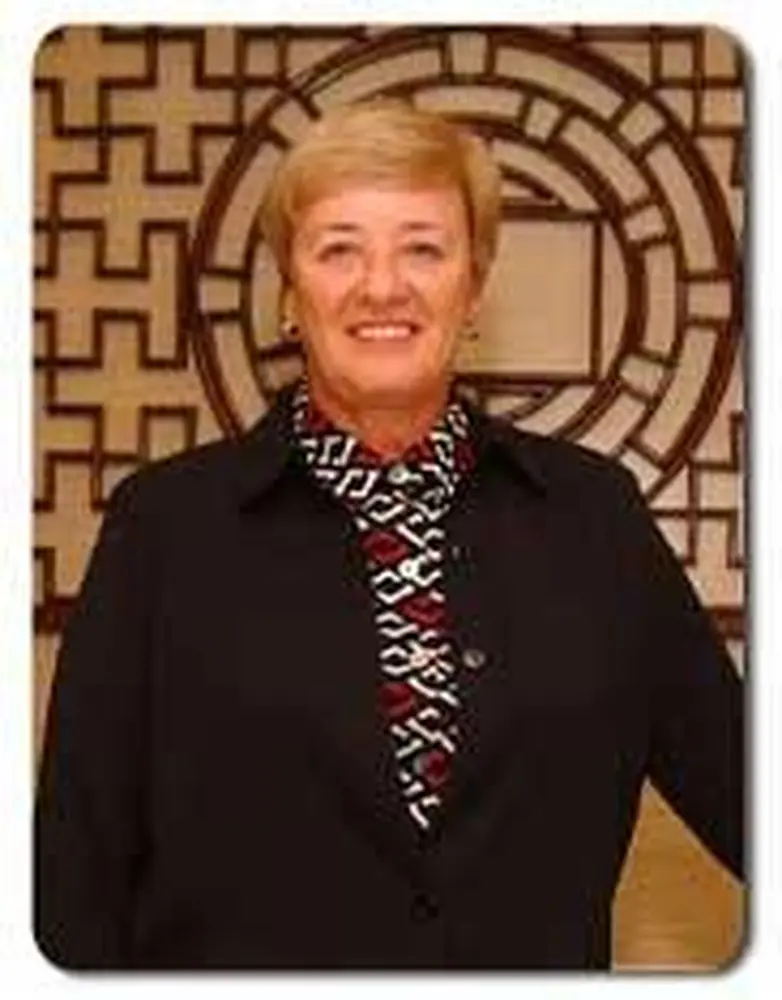

Old China hands say that after you've been in China for two
weeks, you can write a book; after six months, a page; and after two years, not a thing. I'm approaching the 2.5-year mark, but here goes.
This wasn't Planned
My plan was to retire from Hewitt Associates, a global HR
consulting and outsourcing firm, at the end of 1998, and I did.
Afterward, I agreed to take on some part-time projects for Hewitt to investigate opportunities for expanding its services outside North America, particularly in my specialty, which is 401(k)-like pension plans. I was on course with this plan, with projects in Europe, Latin America, and Southeast Asia, until I entered mainland China in late 2001 for another such investigation. I am here still.
China Business Experiences
My China experience began in 2002. I went to work for the
Chinese Social Security Bureau in the northeast Liaoning Province in Shenyang, a city of five million people and virtually no Westerners. Liaoning is primarily an agricultural region bordering North Korea, but it is also a Rust Belt of state-owned enterprises that are being reborn. With a translator constantly at my side, I managed a Hewitt consulting team that was assisting with a pilot program aimed at funding individual accounts as part of social security pension: a progressive step for China.The experience was akin to learning to swim by jumping in. Here are a few reflections on what I learned about traditional Chinese business:

- Flexibility (on our part) is a must. The Chinese do what their superiors ask, without question; thus, commitments and priorities change daily, making long-term planning difficult.
- Things take longer. A significant effort alone goes into verbal and written translation.
- Business activities come with ceremony: banners as part of the opening and closing ceremonies, flowers, and speeches; dinners have hierarchal table seating and countless food dishes and toasts.
- There is much use of the word "cooperation," which can mean just about anything.
- It is essential to understand the importance of face-saving, which makes an art of getting to "no" with someone important.
- The people are direct, down-to-business, and great negotiators.
- Foreign experts are sought after, respected, shown off, and expected to take time to see local sights.
After Shenyang, I moved to Hewitt's Shanghai office. This was a very different environment with daily interaction with my 110 associates in Shanghai, Beijing, Guangzhou, and Hong Kong...97 percent of whom are Chinese and all of whom are bilingual and operate to Western standards, yet within their Chinese culture.
Shanghai is the New York City of China but much bigger (17-20 million). It is called the "Paris of the Orient" because of its colonial legacy and cosmopolitan atmosphere. It is also China's modern business Mecca. I know of no other city with more diversity of business: from thousands of local shops and humble backrooms to virtually all the American and European multinationals as well as the giant Chinese companies. The latter occupy stunning and architecturally significant towers, most of which were built in the last 10 years.
Western businesses have established practices and standards. Interesting to me is the
often uneasy co-existence of Western and Chinese ways and the transformation that's occurring in Chinese state-owned companies as they privatize and adopt Western practices. The Chinese economy is capitalism in fast-forward mode; yet, the business-related legal and financial infrastructure we take for granted doesn't exist in China. Too much is variable, unpredictable, and opaque because many things are determined by local governments and are based on personal relationships. Every day, however, brings news of government-mandated reforms to set standards and provide transparency, so many of these frustrations may diminish in time.
Society and Family
As with everything in China, its customs and values reflect the best and worst of the old and new:
- Children and parents are cherished. Today's 30-somethings are China's upwardly mobile generation. Their parents lived through the "old" times; they didn't. Both mom and dad work and have an ay yi (maid). Grandparents often handle childcare. The one-child policy means today's child has six people to dote on him or her (two parents and four grandparents.) "Little emperors" present a new set of socialization challenges.
- Education and career opportunities are very important.
- People are kind if they know you, but the man on the street can be rude and uncouth.
- Meals are social activities and hosts always assure there is more than enough. People work late but rarely miss lunch together. Holidays are about meals with family, friends, and visits to former teachers.
- Traditional Chinese music and dance productions are popular on TV: the shows are combinations of Lawrence Welk and Las Vegas with a modest dress code.
Chinese history and tradition are revered, but pop culture is taking hold. You'll find Starbucks™ and McDonalds™ along with children who now have weight problems. Movies and music are both Western and Chinese. The sexual revolution has begun. - In Shanghai, I can attend Catholic mass (in English) and visit Buddhist temples. One Sunday I did both.
- The NBA (and Yao Ming) are hot; ping pong, volleyball, and football (soccer) are big; the Beijing 2008 Olympics is a huge source of national pride as was China's success in Athens. American baseball and football are obscure. Golf's popularity is growing rapidly.
I've taken precious time from my husband, family, and friends without whose "you go, girl" support I couldn't have taken this unexpected opportunity to experience China. China has engaged me completely with its contrasts, its people, its historical legacy, and its challenges and optimism for the future. I expect to return home for good at the end of this year as a grateful and more aware world citizen.